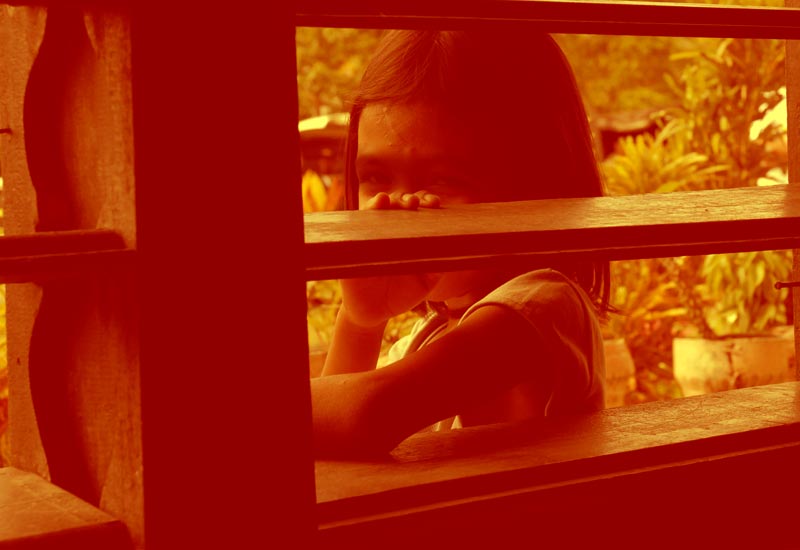In a world where we think we already know and saw all there is that mosquito bites could bring; we get surprised with one more. Just recently, a new disease caused by mosquito bites has spurt in our country and has already claimed nine lives as of to date. New because although this disease has been prevalent in our neighbouring countries of Southeast Asia, it is just now that we became aware of the existence of such disease exists due to its sudden surface and its alarming apparency in our country. This new deadly disease that’s never failed to be part of the highlighted subjects of the news today is called Japanese Encephalitis. Unlike dengue and malaria, the virus from this mosquito bites, in worst case scenarios, goes straight to the brain causing encephalitis.
Japanese Encephalitis is an infection of the brain resulting to inflammation caused by mosquito-borne Japanese encephalitis virus that is transmitted between pigs, water birds, and mosquitoes. Among the vectors that are most likely to transmit this virus to humans are the Culex tritaeniorhynchus mosquitos, which is active during the day and the night. According to the World Health Organization, most JEV infections are mild and are asymptomatic but 1 in 250 infections results in severe clinical illness. Mild symptoms include mild fever and headache and symptoms to look out for when resulted to sever clinical illness are high fever, headache, vomiting, neck stiffness, disorientation, coma, seizures, and spastic paralysis that could all result to death. In other worse cases, lifelong neurological defects might develop such as deafness, emotional liability, and mental retardation. The mortality rate of this disease varies but is generally much higher in children.
The department of health has been issuing warnings for these past few days to be cautious of mosquito bites. They are being urged to issue protocols on the disease as the officials, especially in Pampanga where most cases were recorded, were alarmed since it has killed patients. “Severe cases require prompt hospitalization. Treatment remains supportive only. Those who recover from severe illness may still show signs of neurologic complications such as paralysis, recurrent seizures, or inability to speak,” the DOH said.
Since the disease is caused by a virus, there is no known specific treatment to it, only medications to relieve symptoms and stabilize the patient infected. But with the things we can’t treat, we can avoid by doing preventive actions. Like any other mosquito-borne diseases, cases of Japanese encephalitis tend to rise during the rainy season as mosquitoes lay eggs on open water storage containers. Eliminating potential breeding places of mosquitoes and maintaining environmental cleanliness is a good way to go. Wearing long sleeved tops, pants, and socks could also be a wise thing to do to avoid mosquito bites. In addition, applying insect repellents approved by the Food and Drug Administration and using mosquito nets is also another way to prevent from being bitten.
A vaccine has been formulated to lessen the person from chances of getting it. Aside from these preventive actions, what we can all do that is highly effective and cost free is to boost our immune system with healthy diet, regular exercise, and proper rest to reduce the virus from its chances of leading to severe clinical illness.
By Celiamar Duhalngon Lavarias













